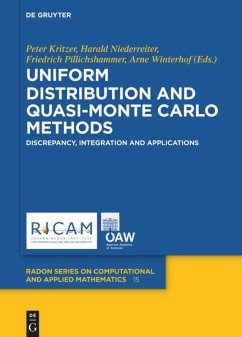
THE IMPACT OF THE ENGLISH LANGUAGE IN ZIMBABWE
A PHENOMENOLOGICAL AND HISTORICAL STUDY, 1980 -1999
Versandkostenfrei!
Versandfertig in 6-10 Tagen
52,99 €
inkl. MwSt.

PAYBACK Punkte
26 °P sammeln!
This phenomenological and historical study exploredthe impact of the English language on the nativelanguages and lives of the native Zimbabwean people.Data were collected through literature searches,formal and informal observations of language use byZimbabweans. Analysis of data was done following thehistorical and phenomenological paradigms. Resultsshowed that English indeed impacted the nativelanguages of Zimbabwe in school instruction, socialand economic aspects, prestige, power, the jobmarket, communication, the media, politicaladministration, and culture. While the status nativelanguages ...
This phenomenological and historical study explored
the impact of the English language on the native
languages and lives of the native Zimbabwean people.
Data were collected through literature searches,
formal and informal observations of language use by
Zimbabweans. Analysis of data was done following the
historical and phenomenological paradigms. Results
showed that English indeed impacted the native
languages of Zimbabwe in school instruction, social
and economic aspects, prestige, power, the job
market, communication, the media, political
administration, and culture. While the status native
languages in Zimbabwe was deteriorating that of
English was growing threatening the native languages
and cultures. General recommendations from the study
are; 1. Raising the awareness of Zimbabwean people of
the need and importance of all their native
languages. 2. Language policy decisions should start
at the grassroots level rather than being imposed
from above. 3. Native languages should play a
complementary role in the education of children. 4.
Schools and mass media should provide programs that
enhance native languages and native cultures.
the impact of the English language on the native
languages and lives of the native Zimbabwean people.
Data were collected through literature searches,
formal and informal observations of language use by
Zimbabweans. Analysis of data was done following the
historical and phenomenological paradigms. Results
showed that English indeed impacted the native
languages of Zimbabwe in school instruction, social
and economic aspects, prestige, power, the job
market, communication, the media, political
administration, and culture. While the status native
languages in Zimbabwe was deteriorating that of
English was growing threatening the native languages
and cultures. General recommendations from the study
are; 1. Raising the awareness of Zimbabwean people of
the need and importance of all their native
languages. 2. Language policy decisions should start
at the grassroots level rather than being imposed
from above. 3. Native languages should play a
complementary role in the education of children. 4.
Schools and mass media should provide programs that
enhance native languages and native cultures.












